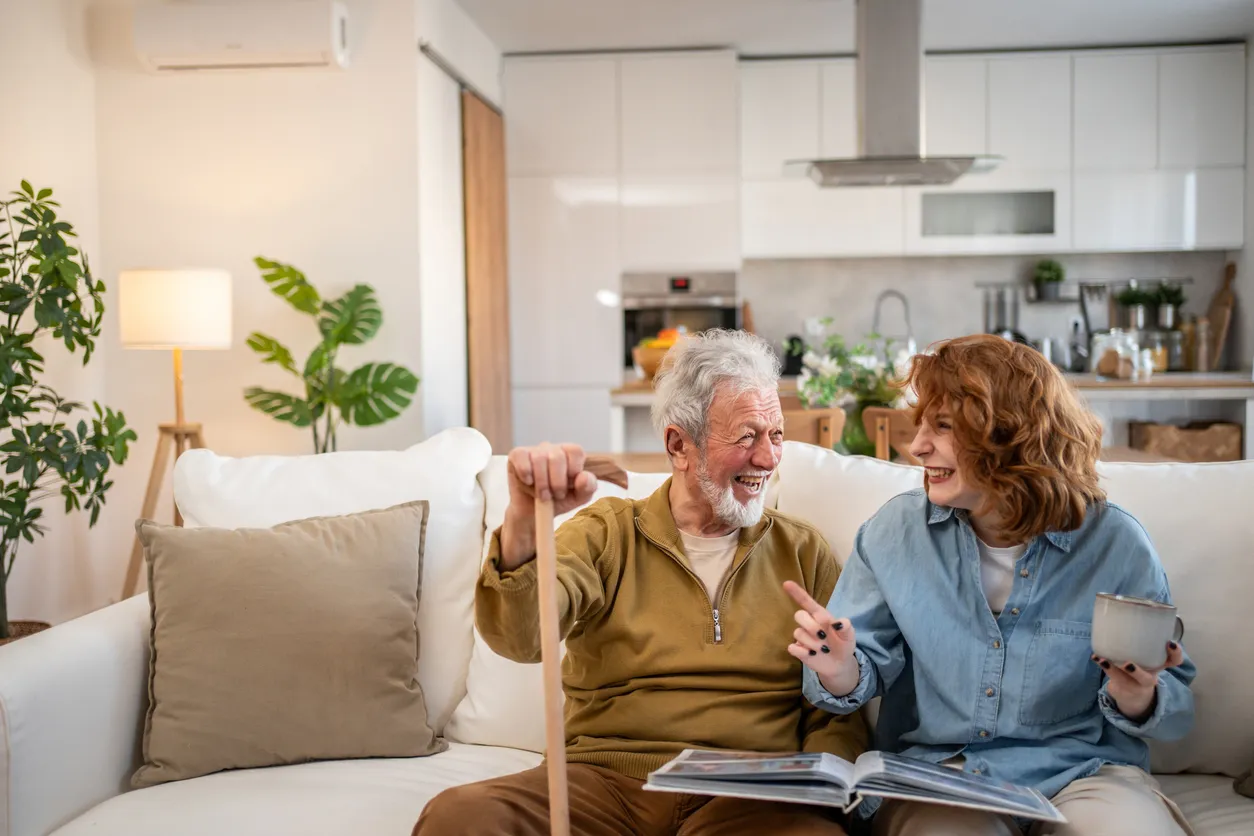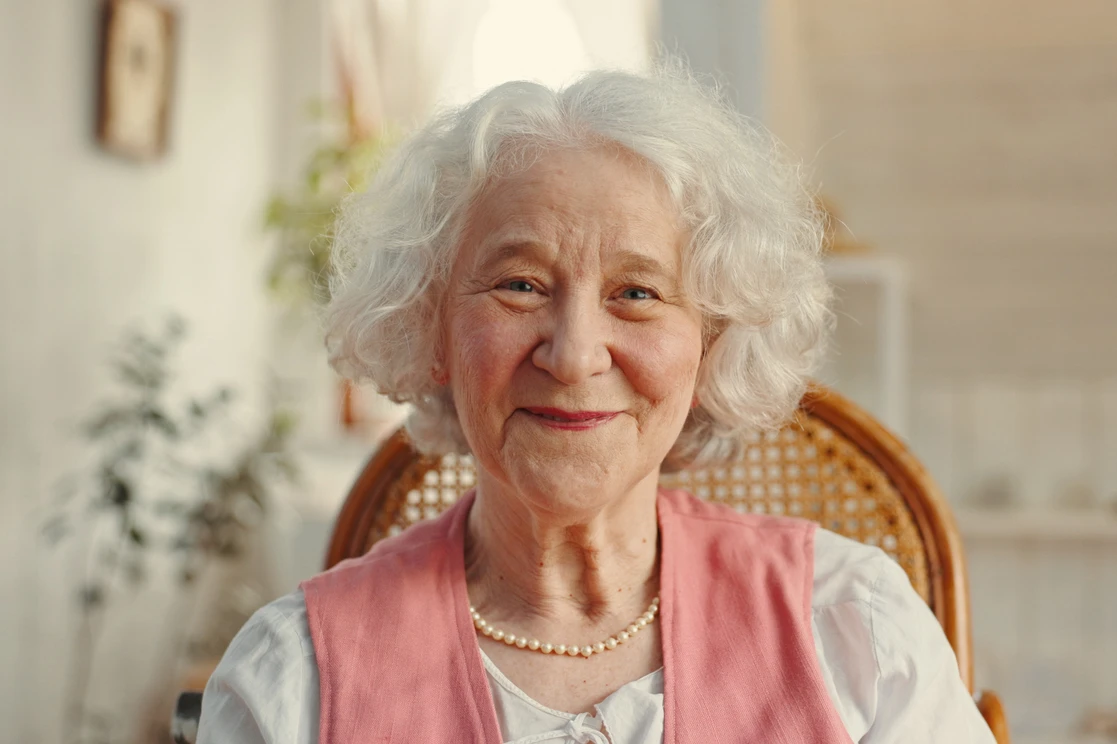
Helping Families Understand Late-Day Confusion in Seniors with Dementia
If your loved one starts acting more anxious, confused, or agitated as the day winds down, you may notice something called sundowning.
We often talk about it with families at Carefield at Artesian of Ojai. It usually affects people with Alzheimer’s or dementia, and it tends to show up in the late afternoon or evening. Evenings can feel harder — not just for the person affected but for their caregivers, too.
Let’s go over what sundowning looks like, what might cause it, and how memory care communities in Ojai like ours support residents through it.
So, What Exactly is Sundowning?
Sundowning refers to a pattern of behavior changes that tend to show up in the late afternoon or evening — often as the sun begins to set. It’s not a separate disease, but rather a group of symptoms tied to conditions like Alzheimer’s and other forms of dementia.
According to the Alzheimer’s Association, people experiencing sundowning may show signs such as increased confusion, irritability, anxiety, or difficulty sleeping. In some cases, it may also include hallucinations, pacing, or a need to “go home,” even if they already are home.
These behaviors can feel very different from how the person was earlier in the day. A parent who seemed calm at breakfast may become agitated or emotional by dinnertime. That shift can catch families off guard — and feel incredibly hard to manage without the right tools or support.
What Might Be Causing It?
Doctors and caregivers don’t always know exactly what causes sundowning, but a few things may contribute:
- Changes in daylight — Less light can throw off the body’s sense of time.
- Tiredness — Fatigue builds up by late afternoon and may make it harder to stay calm.
- Hunger, thirst, or discomfort — Simple needs can appear as behavior changes.
- Too much or too little activity — Both overstimulation and boredom can affect mood.
The exact reasons can vary. What works one day might not help the next. That unpredictability is one of the things families find hardest to manage on their own.
How Memory Care Helps at The Artesian of Ojai
Our memory care staff at Carefield at Artesian of Ojai are trained to support residents with dementia, especially during more sensitive times of the day.
Here’s what we do to help make late afternoons and evenings feel calmer:
1. Stick to Simple Routines
Familiar daily schedules help reduce stress. Meals, medication, and rest happen around the same time every day, so residents know what to expect.
2. Adjust Lighting in the Evenings
As daylight fades, we make sure spaces stay softly lit. This helps reduce shadows, which can be confusing. A warm, calm environment goes a long way.
3. Choose Quiet Activities
We slow things down in the evening. Soothing music, puzzles, hand massages, or quiet time with a familiar team member can help residents feel settled.
4. Pay Attention to Early Signs
Our staff knows what to look for. If someone starts showing signs of agitation or pacing, we gently step in with comfort, redirection, or rest — before things escalate.
5. Safe Spaces to Move
If someone needs to walk or move around, we ensure it can be done safely. Our secure areas allow freedom without the worry of wandering off.
What Families Can Try at Home
If you’re caring for a loved one at home and seeing signs of sundowning, a few minor changes might help:
- Keep the evening routine calm and consistent
- Avoid caffeine and sugary snacks late in the day
- Use soft lighting as the sun goes down
- Play music or offer a calming activity
- Encourage gentle movement during the day (like a walk or light exercise)
- Limit daytime naps so it’s easier to rest at night
Also — don’t blame yourself. You’re doing your best. And it’s okay to ask for help if things get too heavy.
Memory Care Support for Families in Ojai
Many families around Ojai and Ventura County begin asking about memory care after noticing things like sundowning. These patterns can feel overwhelming at home, especially if they happen regularly.
At Carefield at Artesian of Ojai, we create an environment that supports these changes with care and patience. Our staff knows how to help residents feel safe, especially as the day winds down. We don’t rush. We meet people where they are, and we do our best to bring comfort in the moments that feel the hardest.
If you’ve been wondering whether your loved one’s changes in behavior might be related to sundowning, or if you’re feeling unsure of the next step — you’re not the only one asking. We welcome questions, visits, or even just a quiet chat to help you sort through it.





